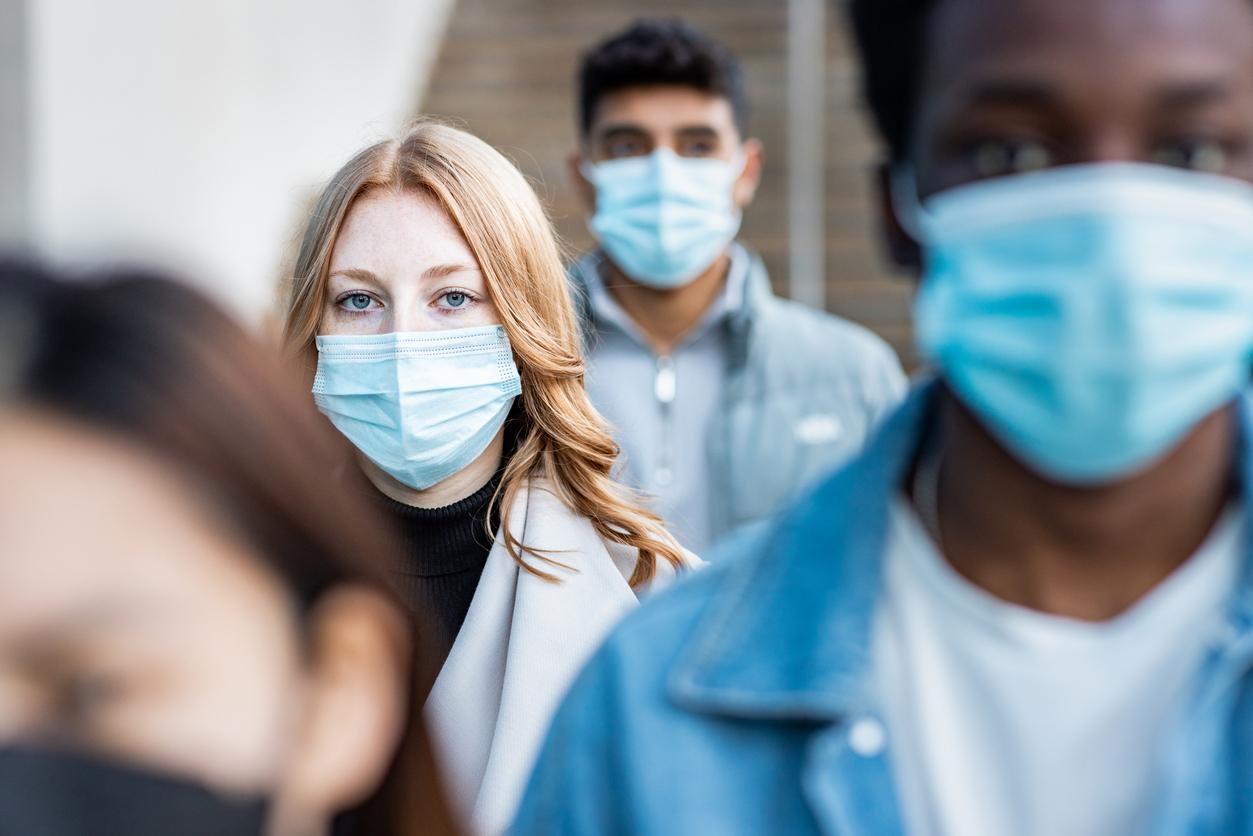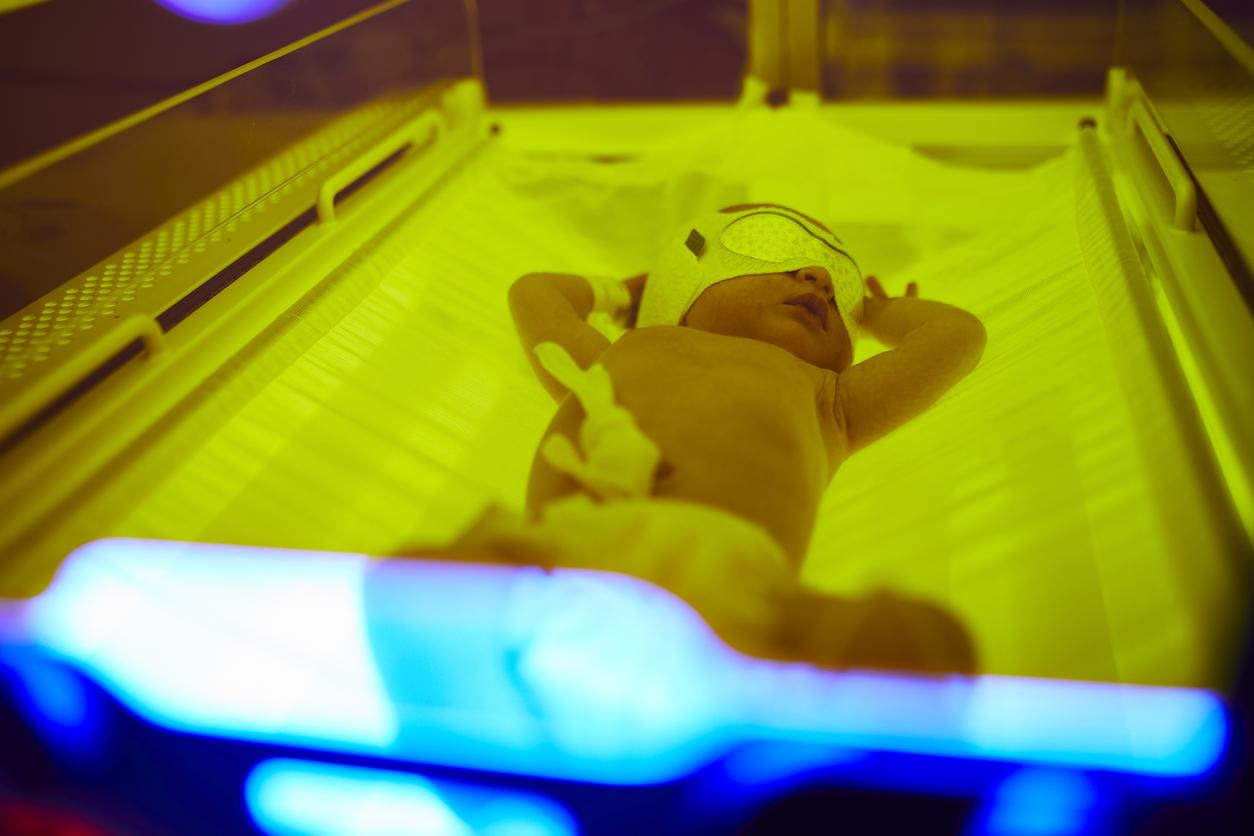
There are three sub-variants of the delta variant
There are now thousands of variants of SARS-CoV2, or the ‘classic’ coronavirus. Now that the British variant is predominant in our country and appears to be more contagious than its predecessor, newer mutations are being closely monitored. This also applies to the variant from India that has appeared in our country: the delta variant. What do we know about this so far?
In our country, the percentage of people infected with the delta variant is stable
In India, the coronavirus, called B1.617, is spreading rapidly. This delta variant (formerly: Indian variant) has now surfaced in more than 70 countries and territories. The presence of the variant is being checked in another fifteen countries, the WHO confirms. According to Chantal Reusken, virologist at RIVM, only half a percent of corona cases in our country are caused by this variant. “That percentage does not rise or fall”, Reusken said to the AD.
The delta variant is spreading faster than the British variant
Research from the United Kingdom shows that the delta variant is at least 40 percent more contagious than the alpha variant (also known as the British variant), which now accounts for the majority of infections in our country. The risk of hospitalization would even double.
There are actually three sub-variants of the delta variant
According to the WHO, there are three sub-variants of B1.617. UK health authorities are particularly concerned about B1.617.2, one of the three offshoots of this variant. The variant B.1.617.2 is most commonly identified in various European countries, including the Netherlands. The variant B.1617.2 is now widely available in the United Kingdom.
The current corona vaccines also protect (with full vaccination) against the delta variant
Initial studies in the United Kingdom show that protection against disease after a single dose of vaccine is less good with this variant. Protection seems to be good after full vaccination, reports the RIVM. More research is needed into the effect of the vaccines and the severity of disease caused by the delta variant. It was already known for the other variants that the current vaccines work against this.
You may experience other symptoms in the delta variant
In the United Kingdom – where the delta variant is responsible for 90 percent of the infections – millions of Britons have now (voluntarily) reported symptoms during their corona infection via a corona app. According to professor of genetic epidemiology Tim Spector of King’s College London, the reported experiences are now suddenly different. “It’s not like it used to be,” Spector says, writes the Guardian. “Number one is now headache, then sore throat, runny nose and fever.” Coughing is still reported as a complaint, but less often than before.
Sources):

















